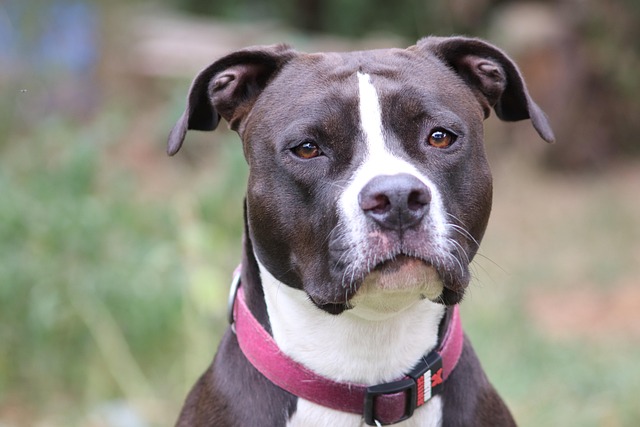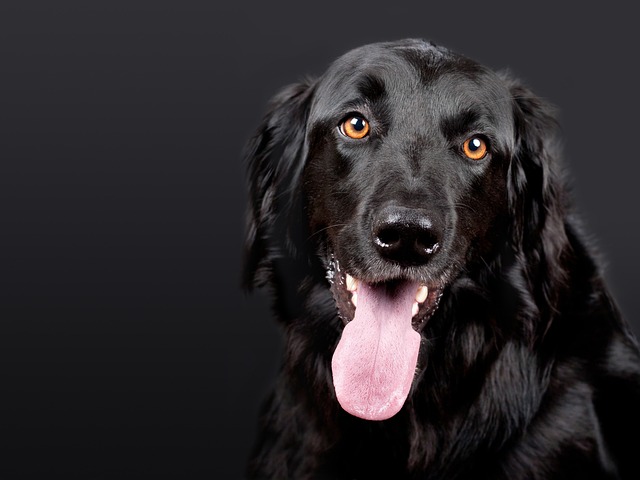
What are the complications of Cushing's disease in dogs?
Cushing's disease in dogs often flies under the radar until subtle symptoms snowball into bigger issues, and many owners don’t realize how it can ripple through their pet’s health.
Finding your dog coughing, wheezing, or struggling a terrifying experience. The question on every pet parent’s mind—can respiratory disease be cured?—isn’t just about hope; it’s tied to your legal responsibilities as an owner. In many regions, ensuring proper medical treatment for sick pets falls under animal welfare laws, making understanding these illnesses crucial for both your dog’s health and your compliance.
Respiratory diseases in dogs vary widely, from mild infections to serious conditions. Kennel cough, a common contagious illness, often clears up within 1 - 3 weeks with rest and supportive care. But ignoring symptoms like persistent coughing or nasal discharge can lead to secondary infections, potentially violating local regulations that require timely veterinary attention for sick animals. Early intervention is key.
Viral causes, such as canine distemper or parainfluenza, present a different challenge. While there’s no direct cure for the virus itself, treatment focuses on managing symptoms and preventing complications. This may include antibiotics for secondary bacterial infections, nebulization to ease breathing, and fluid therapy. Neglecting these supportive measures not only risks your dog’s life but may also be considered animal neglect under local laws.

Bacterial infections, like pneumonia, respond well to appropriate antibiotics when caught early. However, self - medicating or stopping treatment prematurely can lead to drug - resistant strains. In many areas, veterinary oversight of medication use is mandatory to prevent the spread of resistant bacteria, making it essential to follow your vet’s instructions precisely.
For chronic respiratory conditions, such as canine asthma or collapsing trachea, management becomes a long - term commitment. Inhalers, dietary changes, and environmental modifications can improve quality of life. Failing to adapt your care routine as your dog’s condition evolves may violate animal welfare codes that emphasize continuous care for sick pets.
The prognosis often depends on the underlying cause, your dog’s overall health, and how quickly treatment begins. Puppies, seniors, and dogs with weakened immune systems face higher risks. In regions with strict animal cruelty laws, not providing adequate care based on your pet’s specific needs can result in legal consequences, highlighting the importance of regular veterinary check - ups.
During recovery, isolation is crucial for contagious conditions. This protects other pets and complies with local public health regulations regarding animal disease control. Some areas even require reporting certain contagious respiratory illnesses to local authorities, underscoring the significance of responsible pet ownership during treatment.
Remember, while many respiratory diseases are curable, each case is unique. Trusting your vet’s expertise, following treatment plans rigorously, and advocating for your dog’s needs are essential. By doing so, you’re not only giving your furry friend the best chance at recovery but also fulfilling your legal and moral obligations as a pet parent.

Cushing's disease in dogs often flies under the radar until subtle symptoms snowball into bigger issues, and many owners don’t realize how it can ripple through their pet’s health.

I stood with my friend Jake in a Denver pet store last weekend, where he held two bags of dog food—one labeled “grain-free” for $80, the other with whole wheat for half the price

I stood with my friend Carlos in his Phoenix driveway last July, panic rising as his 4-year-old Golden Retriever, Buddy, collapsed on the concrete

Itchy skin in dogs often gets brushed off as a minor annoyance, but it can signal underlying vitamin gaps. One common culprit is vitamin A deficiency—this nutrient keeps skin cells healthy and helps maintain the outer protective layer.

I sat with my friend Sarah on her Portland apartment floor last week, watching her 2-year-old Poodle mix, Milo, scratch his belly until the fur turned patchy

When your dog starts coughing more than usual or seems to struggle with every breath, it’s easy to feel worried—and for good reason.